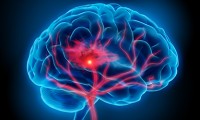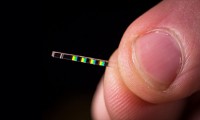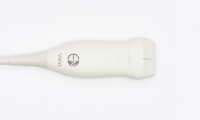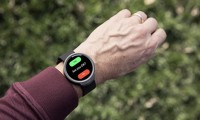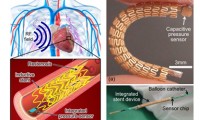-
US Army Awaiting to Test MEDHUB – A Telemedicine Platform
- Source: mHealth Intelligence
- 750
- July 23, 2018
-
Viz.ai Develops AI Software to Detect Stroke
- Source: FierceBiotech
- 822
- July 20, 2018
-
Particle Accelerators on a Chip
- Source: NPR
- 463
- July 20, 2018
-
Bright.md Collaborates with GOeVisit, Entering Canadian Market with Virtual Care Platform
- Source: HIT Consultant
- 710
- July 19, 2018
-
FDA Clearance for Echonous Vein Ultrasound
- Source: The Verge
- 5,602
- July 16, 2018
-
New iBeat’s Watch Detects Cardiac Arrests and Alerts Services
- Source: MobiHealthNews
- 641
- July 13, 2018
-
New UltraSound System Launched by Siemens Healthneers
- Source: Verdict Medical Devices
- 597
- June 27, 2018
-
Food Allergen Detector at $40
- Source: mHealthSpot
- 871
- June 27, 2018
-
Patent Submission – Wearable Biometric Scanner Based EHR System
- Source: MobiHealthNews
- 726
- June 25, 2018
-
Smart Stent to Continuously Monitor Blood Flow
- Source: ScienceDaily
- 1,462
- June 22, 2018
your submission has already been received.
OK
Subscribe
Please enter a valid Email address!
Submit
The most relevant industry news & insight will be sent to you every two weeks.


